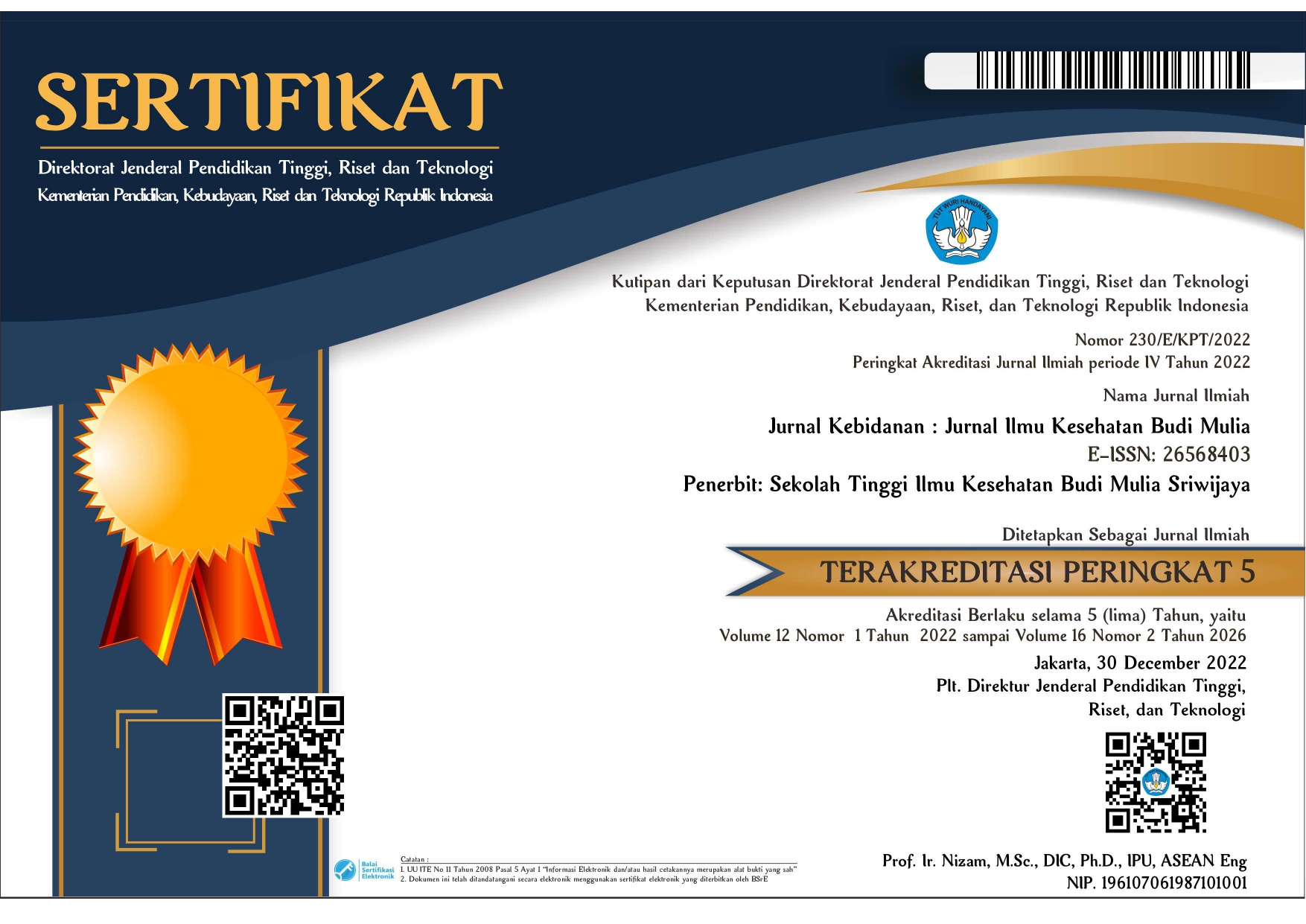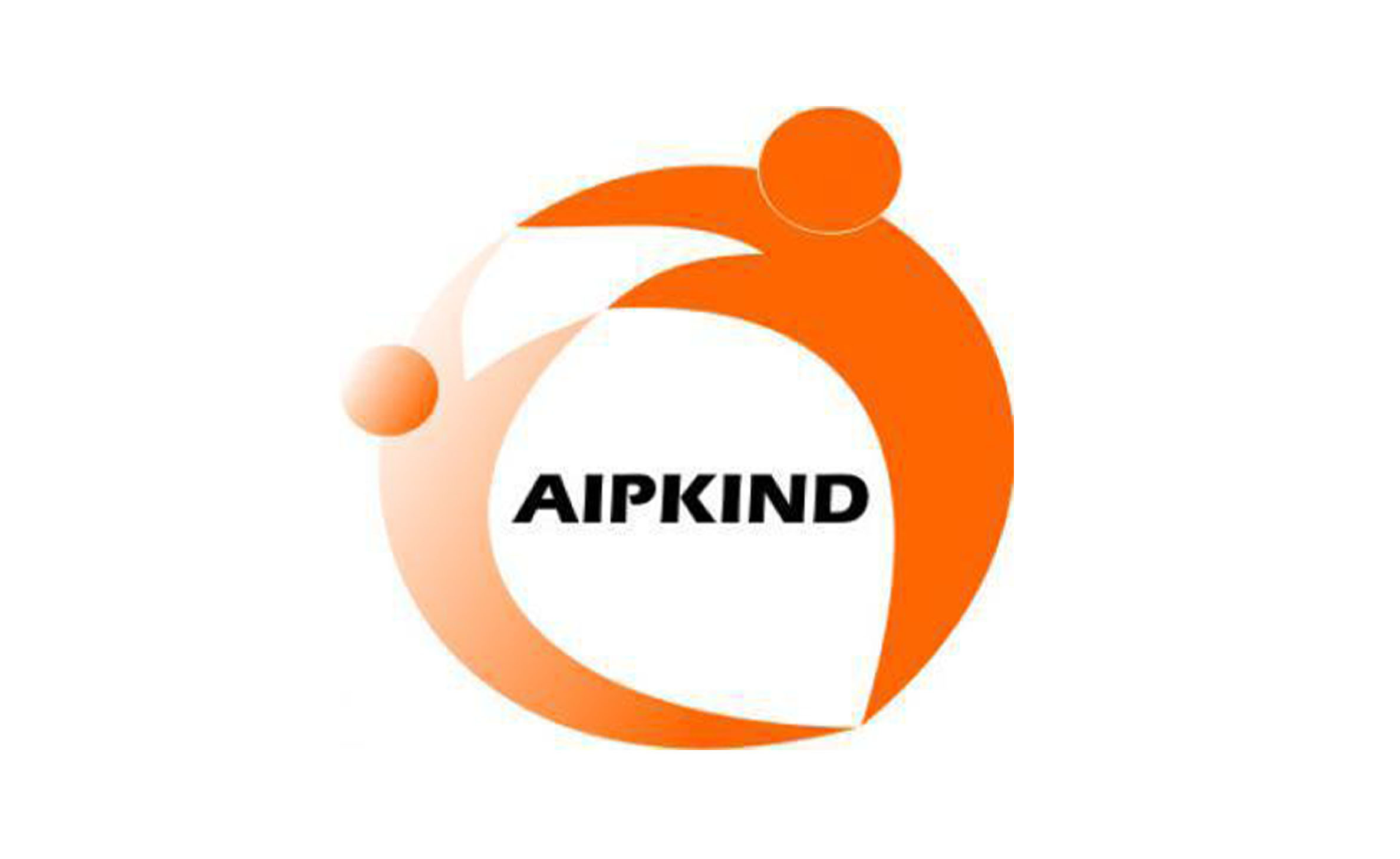Pengaruh Pemberian ASI Ekslusif Terhadap Fisiologi Siklus Menstruasi Pada Ibu Menyusui Setelah Masa Nifas
Abstract
Maternal health refers to women's health during pregnancy, childbirth, and the postnatal period. Over the past six years, there has been a surge in exclusive breastfeeding in Indonesia from 52% in 2017 to 68% in 2023. Menstruation after the postpartum period can vary from menstruation before pregnancy, both in terms of the length of menstruation, pattern, and amount of blood loss. Exclusive breastfeeding is still considered less effective in preventing pregnancy, even though it is called a natural contraceptive. There are still many mothers who carry out exclusive breastfeeding but get pregnant again three or four months later. High levels of the hormone prolactin can inhibit the menstrual cycle. This is because high levels of prolactin can inhibit the production of the hormones estrogen and progesterone. This can cause ovulation (the release of eggs from the ovaries) to be disrupted or stopped. This study aims to determine the effect of exclusive breastfeeding on the physiology of the menstrual cycle in breastfeeding mothers after the postpartum period at PMB Yuli Bahriah Kertapati. The method in this study is a quantitative method. The type of research used in this study is observational analytic with a cross-sectional study approach. This study was conducted in the PMB Yuli Bahriah Kertapati work area in 2024. The study was conducted in September 14 - October 20, 2024. The sample in this study amounted to 27 people, namely all mothers who gave exclusive breastfeeding taken using purposive sampling techniques. The results of this study are that mothers who have given exclusive breastfeeding effectively and experienced regular menstrual cycle physiology are 1 mother (3.7%). Mothers who gave exclusive breastfeeding effectively and experienced irregular menstrual physiology are 23 mothers (85.2%). Meanwhile, mothers who are classified as providing ineffective exclusive breastfeeding and experiencing regular menstrual cycle physiology are 3 mothers (11.1%). Mothers who provide ineffective exclusive breastfeeding and experience irregular menstrual cycle physiology in this study are 0 mothers (0%). Based on the results of the bivariate analysis, a p value of 0.000 was obtained. This means that p value 0.000 <α = 0.05, which means that Ha is accepted, which means that there is an influence between providing exclusive breastfeeding and the physiology of the menstrual cycle in breastfeeding mothers after the postpartum period at PMB Yuli Bahriah Kertapati in 2024. Mothers who breastfeed exclusively and effectively will experience irregular menstrual cycle physiology.
Keywords : Exclusive breastfeeding, menstrual cycle, prolactin hormone











